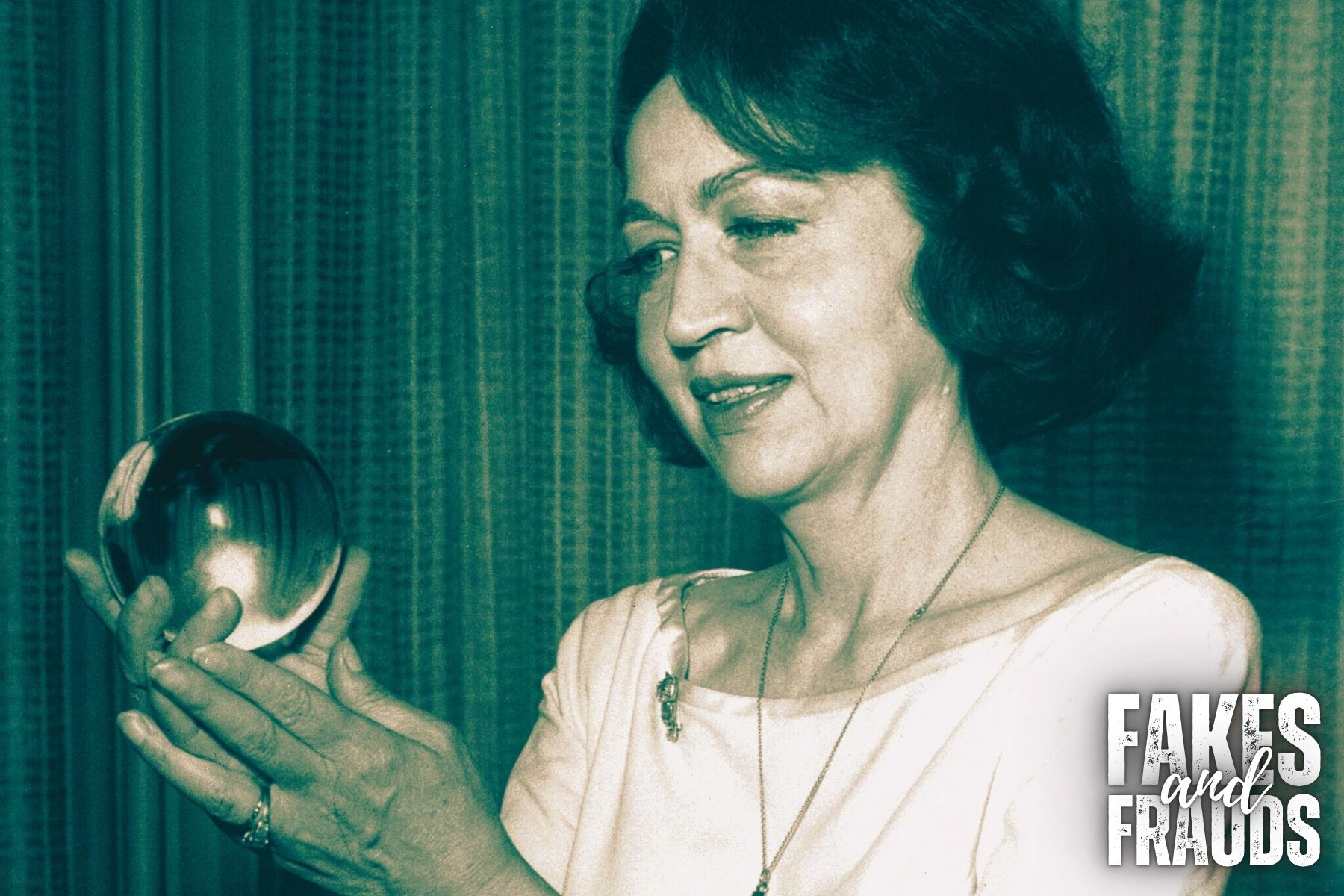If you ever need proof that charisma beats accuracy, look no further than Jeane Dixon.
For decades, she was America’s sweetheart psychic — doling out predictions with the confidence of a drunk gambler and about the same win rate.
Dixon rose to fame after allegedly predicting the assassination of John F. Kennedy — except she didn’t really predict it. She vaguely warned that a “Democratic president elected in 1960” might “die in office.” No names. No dates. No helpful tips like “Don’t ride in open-top convertibles in Dallas.” And even then, she hedged her bet by later predicting he’d survive his term just a few months afterward.
But facts never stopped a good marketing machine.
After Kennedy’s death, Dixon became a household name — writing horoscopes, cranking out bestselling books, and cozying up to political figures who apparently believed astrology could do what basic competence could not.
She warned that World War III would start in 1958 — it didn’t.
She predicted Russia would be the first to put a man on the moon — they weren’t.
She declared the world would end around the year 2020 — and if you’re reading this, well, it didn’t.
And yet, despite a success rate that could best be described as statistically hilarious, she became the psychic brand of America. Books. TV specials. Newspaper columns. A full-blown empire of wrongness.
It didn’t matter how often she missed. People loved the idea of Jeane Dixon.
It’s a phenomenon I call The Nostalgia of Certainty — people would rather be confidently wrong than admit the future is an uncaring, chaotic mess.
Jeane Dixon understood that better than anyone. You don’t sell accuracy. You sell comfort.
Jeane Dixon didn’t see the future. She saw the human hunger for order, hope, and a good story — and she sold it back to us with a wink and a warning.

